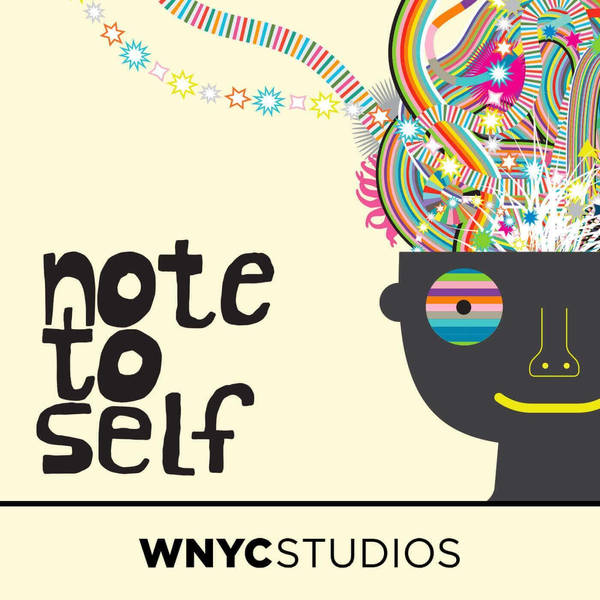
BONUS TRACK: How Twitter Has Changed Nonfiction
Fluffly and indulgent as they might be the tiny dispatches and status updates of social media are a narrative gold mine for writers. Nonfiction writing will never be the same again.
This came up, oddly enough, when we had Nick Bilton of the New York Times on our show to talk about how Silicon Valley tech executives raise their kids -- many of them are low tech parents as it turns out. While he was in the studio, he dropped a few fascinating tidbits about how he reported his book, Hatching Twitter, which was just released in paperback. We were so intrigued, we decided to share the previously-untold backstory to how Bilton used Twitter to report on the founders of Twitter. And before you say, "well, duh." It goes way beyond what you'd expect.
Bilton scraped data from thousands of emails, Twitter handles, Flickr and Instagram photos to cross reference background information, fact check his off-the-record sources, and to find the crucial little telling details that make the book read an intimate insider account. For example, he would use a tweet to learn when someone’s meeting happened and their Instagram photo to see the coffee shop where it took place.
While Bilton is one of the first to employ this type of big (social) data investigation for the use of nonfiction storytelling, he will most certainly not be the last.
Subscribe to New Tech City's podcast to get all our future episodes automatically downloaded onto your device via iTunes here, or on Stitcher,TuneIn, I Heart Radio, or our RSS feed if you are into that kind of thing.
